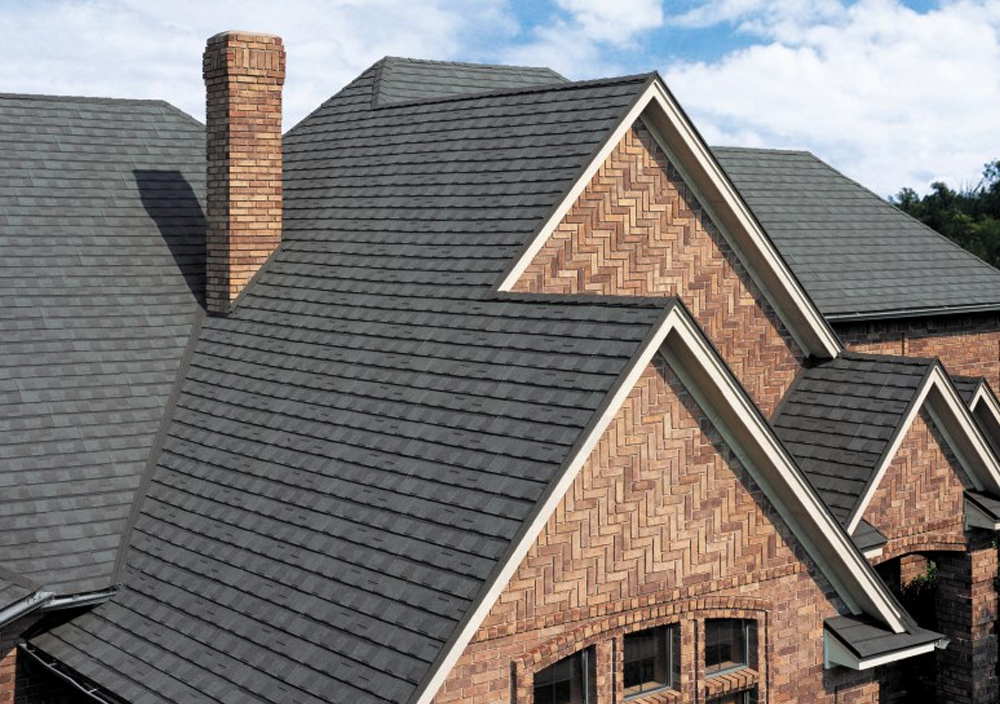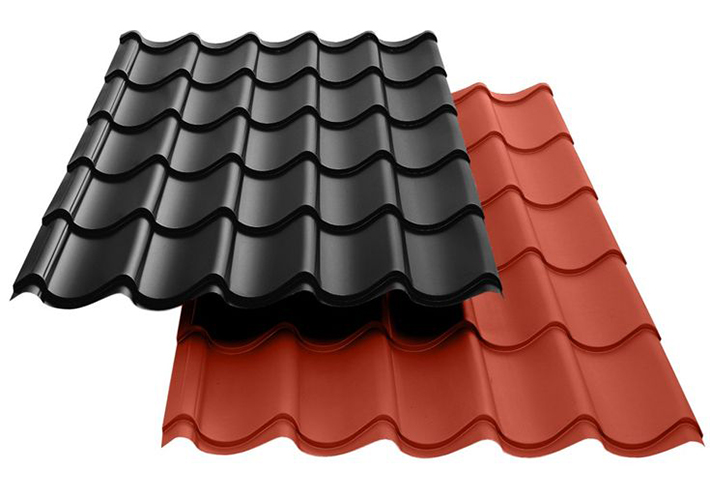
When choosing screws, there are several factors to consider to ensure you select the right ones for your specific application. Here are some key points to keep in mind:
1.Identify the material: Determine the type of material you are working with, such as wood, metal, or plastic. Different materials may require specific types of screws designed for their properties.
2.Consider the load and application: Determine the weight and load-bearing requirements of your project. If you’re attaching heavy objects or need extra support, you’ll need screws that can handle the load.
3.Understand the screw types: Familiarize yourself with different screw types available in the market, such as wood screws, machine screws, sheet metal screws, drywall screws, etc. Each type has its own specific features and intended uses.
4.Length and diameter: Consider the thickness of the material you’re fastening together. The length of the screw should be sufficient to penetrate the material and provide a secure connection without protruding excessively. The diameter of the screw should be compatible with the size of the pre-drilled holes or pilot holes.
5.Head type: Choose the appropriate head type based on your preferences and requirements. Common head types include flat head, round head, pan head, hex head, and more. The choice of head type may depend on the desired appearance, tool accessibility, or specific application needs.
6.Corrosion resistance: If your project will be exposed to moisture or outdoor conditions, consider using screws with corrosion-resistant coatings such as stainless steel, galvanized steel, or specialized coatings like zinc-plating or ceramic finishes.
7.Consider the driver type: Determine the type of screwdriver or bit required for installation. Common driver types include Phillips, slotted, Torx, hex, and square. Ensure you have the corresponding tools or drivers for the chosen screw type.
8.Consult manufacturer guidelines: Check the manufacturer’s recommendations, guidelines, or technical specifications for the specific application or material you’re working with. This information can provide valuable insights into selecting the appropriate screws for the job.
9.Seek professional advice if needed: For complex or critical applications, or if you’re unsure about the selection process, consult with a hardware professional, contractor, or specialist who can provide expert guidance based on your specific requirements.
By considering these factors, you can choose screws that are suitable for your project, ensuring a secure and reliable connection.





